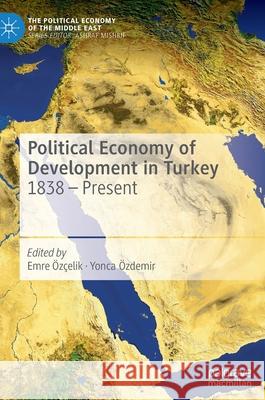Political Economy of Development in Turkey: 1838 - Present » książka
topmenu
Political Economy of Development in Turkey: 1838 - Present
ISBN-13: 9789811673177 / Angielski / Twarda / 2022 / 372 str.
Political Economy of Development in Turkey: 1838 - Present
ISBN-13: 9789811673177 / Angielski / Twarda / 2022 / 372 str.
cena 644,07
(netto: 613,40 VAT: 5%)
Najniższa cena z 30 dni: 578,30
(netto: 613,40 VAT: 5%)
Najniższa cena z 30 dni: 578,30
Termin realizacji zamówienia:
ok. 22 dni roboczych.
ok. 22 dni roboczych.
Darmowa dostawa!
Kategorie:
Kategorie BISAC:
Wydawca:
Springer Verlag, Singapore
Seria wydawnicza:
Język:
Angielski
ISBN-13:
9789811673177
Rok wydania:
2022
Ilość stron:
372
Waga:
0.59 kg
Wymiary:
21.01 x 14.81 x 2.24
Oprawa:
Twarda
Wolumenów:
01
Dodatkowe informacje:
Wydanie ilustrowane











